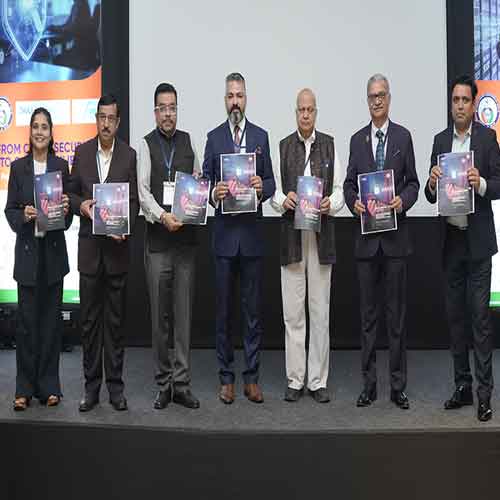
Aiming to become a global semiconductor player, the Indian government has laid out a roadmap outlining among other things, securing technology which will enable India to manufacture advanced chips of 7 nanometres (nm) and above in the next five to seven years.
Currently, the Tata group, which is setting up the country’s first wafer fabrication plant with an investment of about ₹91,000 crores, will begin by producing chips of 28 nm and above.
Confirming the long-term plan, a senior official at the Ministry of Electronics and Information Technology (MeitY) said, “We already have a clear roadmap to enable companies to manufacture 7 nm and above chips within the next five to seven years. We are tying up the technology and talks are underway. Our 15-year plan is aimed at making India a global player in this space.”
Discussions are reportedly underway with global technology leaders such as IBM and Belgium-based IMEC, a leading nanoelectronics R&D hub. IBM is also expected to support the India Semiconductor Mission by helping set up a domestic research centre, providing expertise in areas like advanced packaging, logic, design, and intellectual property.
India, meanwhile, has already approved three semiconductor manufacturing facilities, including Tata’s partnership with Taiwan’s Powerchip Semiconductor Manufacturing Corp. In all, 10 semiconductor projects worth about Rs 1.75 lakh crore have been cleared, with the government earmarking Rs 75,000 crore as incentives.
The government has also rolled out India’s first dedicated semiconductor design programme (SMDP) to strengthen domestic R&D, tying up with firms like TSMC and Intel to build a process roadmap that stretches out to 2036 — with the long-term goal of positioning India among the world’s top five chipmakers.
See What’s Next in Tech With the Fast Forward Newsletter
Tweets From @varindiamag
Nothing to see here - yet
When they Tweet, their Tweets will show up here.





























